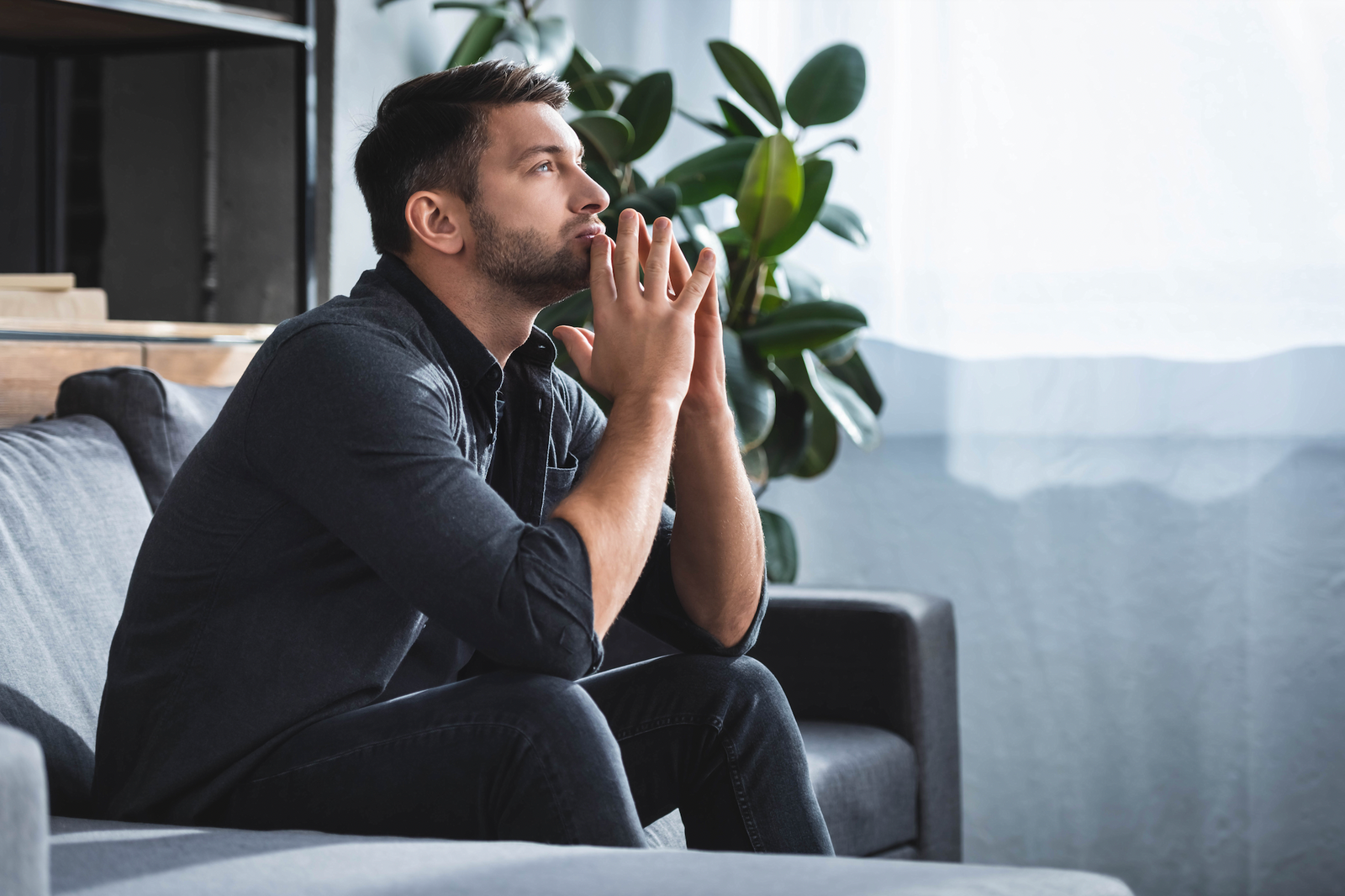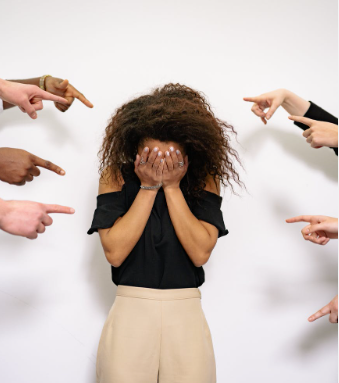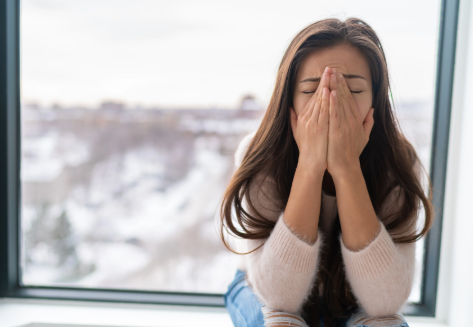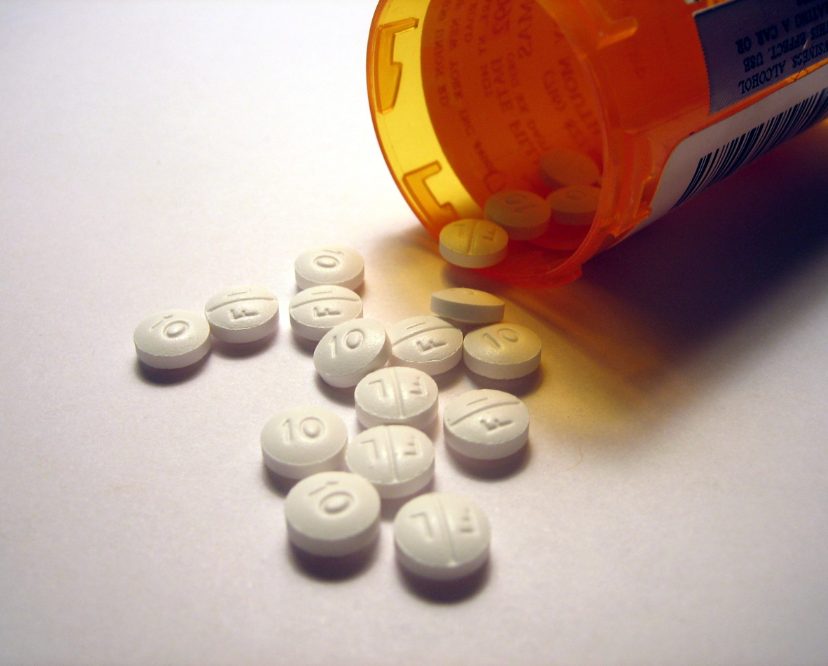Understanding Depression in Men: Key Signs and How to Get Help

Hey! Let’s talk about something important but often overlooked—depression in men. You may think depression is just about “feeling sad” or going through a rough patch, but it’s way more than that, especially when it comes to Major Depressive Disorder (or MDD).
Depression in men often shows up in surprising ways that don’t always match the “typical” signs you’d expect, and it can be really hard to spot. So let’s break down what symptoms of MDD look like in guys, why it’s important to know about it, and how to get help if you or someone you know might be dealing with this.
What Is Major Depressive Disorder (MDD)?
Major depressive disorder is a type of clinical depression that affects people’s moods, thoughts, and even physical health. For people with MDD, feeling down isn’t just a day or two of sadness—it’s a long-lasting struggle that makes life harder, affecting things like energy, focus, and motivation. Depression, including MDD, isn’t limited to just “feeling sad”; it’s a mental health condition that can impact anyone, and it’s important to learn how to spot it, especially since depression in men often looks different.
Common Symptoms of MDD in Men
Here are some common signs of MDD in men. Some might surprise you because they don’t always seem like “depression” at first glance, but they’re important to recognize:
1. Anger and Irritability
Instead of feeling sad, guys with MDD might feel super irritable or angry. If you notice you’re snapping at people or getting frustrated over small things, it could be a sign of major depressive disorder. This happens because depression messes with the brain’s ability to handle emotions smoothly.
2. Physical Aches and Pains
Did you know depression can actually show up in your body? Guys with MDD might have random headaches, back pain, or stomach issues, even if there’s no real medical condition causing it. These physical symptoms are real and can sometimes be a big clue that something’s up mentally.
3. Loss of Interest in Hobbies and Fun Activities
A classic sign of MDD is losing interest in things you used to love, like sports, hanging out with friends, or even gaming. It’s like someone turned the volume down on everything that used to make you happy. Depression affects the brain’s “reward system,” making it hard to feel excited about stuff.
4. Extreme Tiredness and Changes in Sleep Patterns
Ever feel drained for no reason? MDD can zap your energy and mess up your sleep. You might either have trouble falling asleep or, on the flip side, feel like sleeping all the time. And even if you get a full night’s sleep, you still feel tired.
5. Negative Thoughts and Feeling Guilty
People with MDD often deal with negative thoughts, like feeling worthless or guilty about things that aren’t even their fault. These thoughts can get really intense and make everything seem way worse than it actually is.
6. Trouble Concentrating
Ever feel like your brain is wrapped in fog? MDD can make it tough to focus on schoolwork, conversations, or even remember small things. This foggy feeling is another common symptom of MDD and can make everyday stuff feel way harder.
7. Risky Behavior
Sometimes, men with MDD try to deal with their feelings through risky actions, like driving recklessly, drinking too much, or even gambling. It’s not that they don’t care—it’s a way of coping or distracting from the pain. But these actions can lead to bigger problems.
8. Isolation and Pulling Away from People
Depression can make people want to be alone, even if they don’t usually feel that way. Some guys might stop answering texts, avoid social events, or stay away from friends and family. It’s not that they don’t care—it just feels easier to shut people out.
9. Thoughts of Death or Suicide
One of the most serious signs of MDD is having thoughts of death or suicide. If you or someone you know feels this way, please reach out. You can talk to someone you trust or call 911 if it’s an emergency. Getting help can make a huge difference, even when it doesn’t feel like it.
Why Men’s Depression Symptoms Can Be Hard to Spot
Some risk factors make MDD more likely, like family history, stressful life events, or health issues. For men, though, society’s expectations can add extra pressure, making it harder to talk openly about these feelings. Depression often comes with a “tough it out” mindset, which can increase the risk of suicide or other serious behaviors if left unaddressed.
How to Get Help for MDD
The good news? There’s hope and help for MDD! There are several treatment options, like therapy, medication, and lifestyle changes that can really help. Let’s look at some of them:
1. Cognitive Behavioral Therapy (CBT)
CBT is a type of talk therapy that helps people understand and manage their thoughts and feelings. It’s one of the best options for treating depression and can make it easier to deal with symptoms.
2. Antidepressant Medications
Doctors might prescribe antidepressant medications to help balance out brain chemicals that affect mood. These meds aren’t for everyone, and they can have side effects, but they work for many people. It’s all about finding what’s right for you.
3. Getting Active
Exercise is like a natural mood booster! Physical activity releases endorphins, which are the body’s feel-good chemicals. Even a quick walk can help lift your mood. It’s a great support to other treatments but isn’t a full replacement.
4. Building a Support Network
Having people around you who get what you’re going through can be a huge help. Friends, family, or a counselor can provide the support you need to keep pushing forward.
What To Do If You Think You Might Have MDD
If you’re recognizing any of these symptoms of major depressive disorder in yourself, here are some ways to get started with managing it:
- Reach Out to Someone You Trust: This could be a friend, a family member, or a counselor at school. Just talking can be a huge relief.
- Consider Professional Help: A therapist can help you make sense of what you’re feeling and offer tools to deal with it. Therapies like CBT are safe spaces to work through MDD.
- Take Care of Yourself: Self-care might sound simple, but it’s powerful. Small things like going for a walk, listening to music, or taking breaks can make a difference.
How to Support a Friend with MDD
If you think a friend might be experiencing MDD, here’s how you can be a friend and support them:
- Listen, Don’t Judge: Let your friend know they’re not alone and that you’re there to listen without judgment.
- Encourage Them to Get Help: Suggesting they talk to someone or seek help could be the push they need.
- Take Care of Yourself, Too: Supporting someone with MDD can be tough, so don’t forget to look after your own well-being as well.
Final Thoughts: It’s OK to Ask for Help
If you or someone you know is dealing with depression including MDD, just remember that mental health is just as important as physical health. Asking for help isn’t a weakness; it’s a way to take care of yourself. With support, treatment, and a little hope, MDD can be managed.
Remember, if things ever feel too overwhelming or if you’re struggling with thoughts of death or suicide, please reach out immediately. Talking to someone, whether it’s a friend, family member, or professional, can make a huge difference. You’re not alone, and help is out there.









Leave a comment